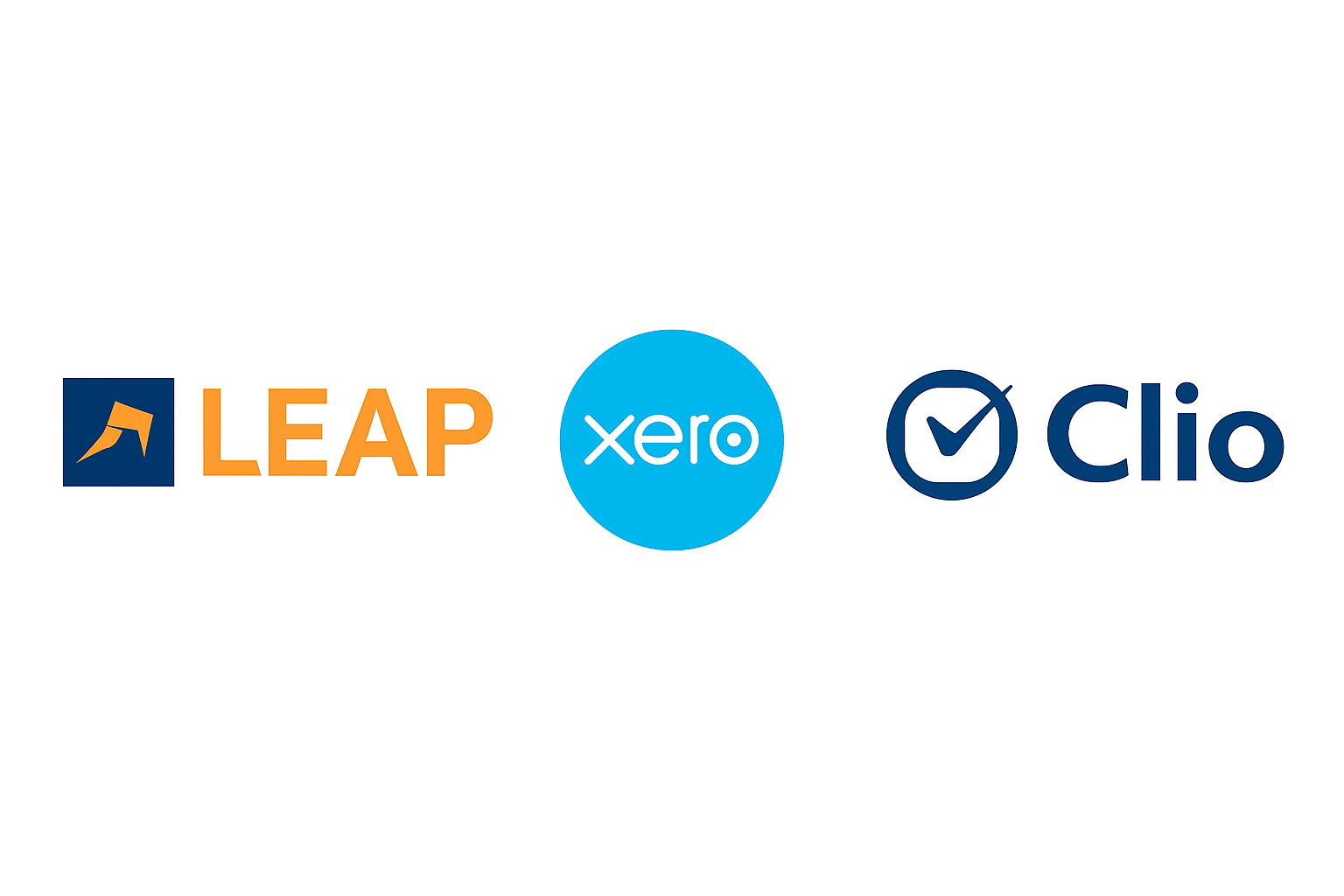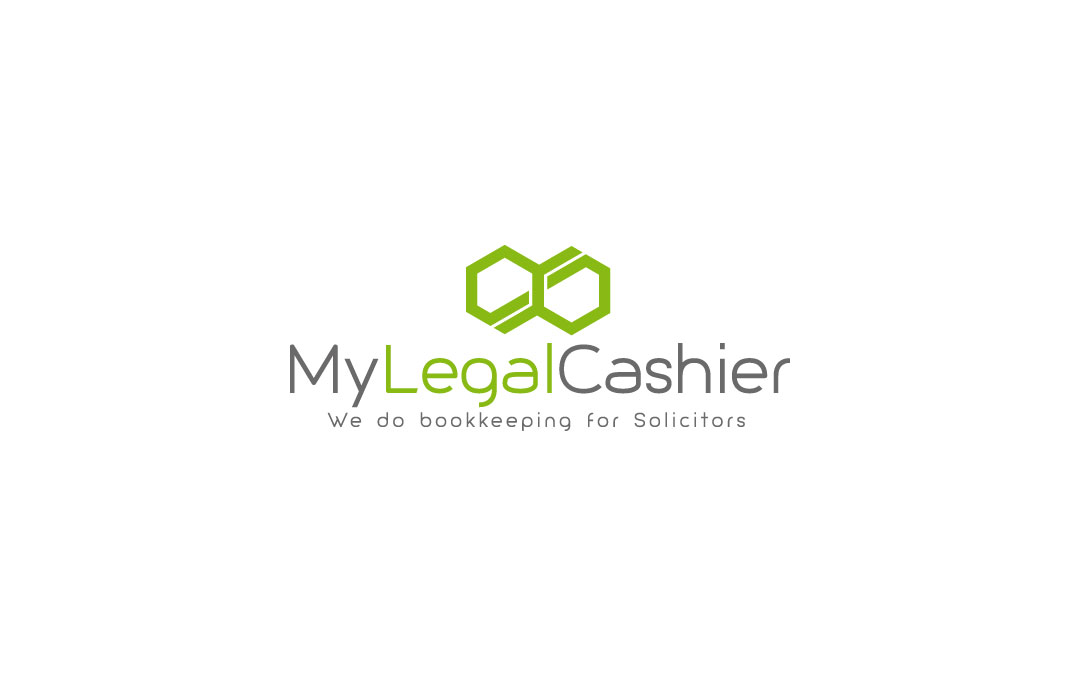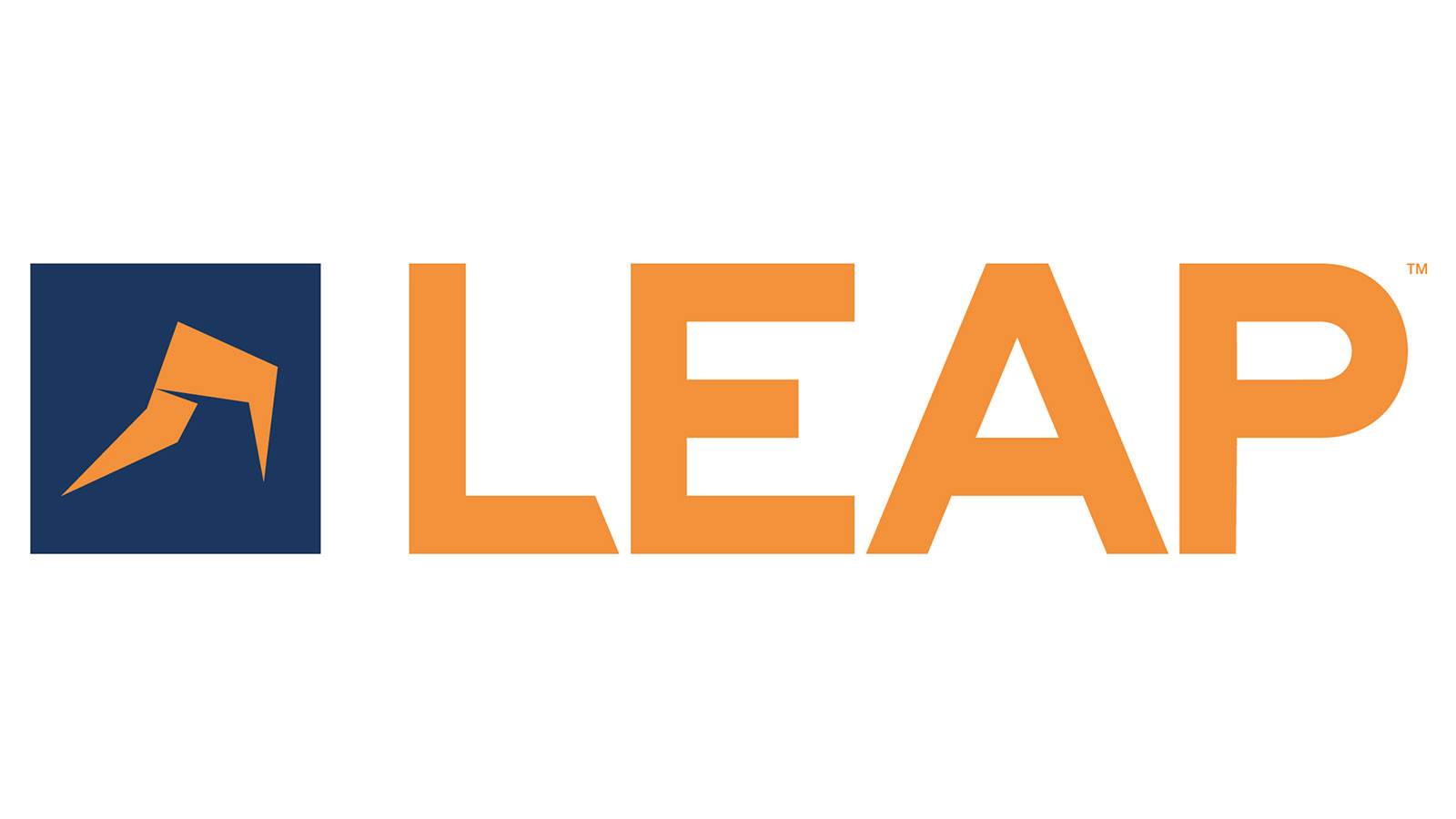Why Integration Between Your Law Firm’s Practice Management Software and Accounting Software Matters

How Practice Management Systems (Leap or Clio) Integrate with Xero
Many modern legal practice management systems don’t provide a full accounting suite for law firms. Two popular examples are Clio and Leap.
If your firm uses one of these systems, you’re most likely also subscribed to Xero to handle your office accounting. This setup usually works as follows:
-
Case management software (such as LEAP or Clio) records client ledger transactions, including billing, receipts, disbursements, and client accounts.
-
Xero manages office expenses.
-
The Case management then exports ledger entries into Xero so both systems stay aligned.
- Xero provides a comprehensive set of accounts for your law firm.
Risks of Clio-Xero or Leap-Xero Integration Errors
While this two-system approach is efficient, it isn’t foolproof. Sometimes data exports fail or entries don’t transfer correctly. When this happens, your Case Management and Xero ledgers won’t reconcile, leaving discrepancies that can affect reporting and SRA compliance.
For example:
-
A credit note posted in Clio may not appear in Xero.
-
A disbursement recorded in LEAP might not export correctly.
Why Regular Reconciliation Between Case Management Software and Xero Protects Your Law Firm
To maintain accuracy and compliance, law firms must regularly reconcile their Case management system with Xero. Doing so helps you:
-
Spot discrepancies between Case Management and Xero early.
-
Ensure client ledgers and office accounts are kept up to date and accurate.
-
Avoid compliance issues under SRA accounting rules.
-
Strengthen confidence in your financial reporting.
Regular reconciliation is one of the simplest ways to protect your firm from unnecessary risk.
How My Legal Cashier Can Help Clio/Leap to Xero Reconciliation
At My Legal Cashier, we specialise in providing outsourced legal cashier services to law firms in the UK. We can:
-
Prepare a tailored reconciliation template for Clio or LEAP with Xero.
-
Support your ongoing law firm accounting and bookkeeping.
-
Ensure your records remain accurate, consistent, and SRA-compliant.
Our expert team helps firms just like yours reduce admin, improve accuracy, and stay compliant — without the overhead of managing everything in-house.
[email protected]
020 3598 4327
Book a free consultation today and let our outsourced legal cashiers keep your Case Management and Xero reconciled, accurate, and fully compliant.
Keep Your Law Firm’s Books Accurate and Compliant
Let our expert legal cashiers reconcile your Clio, LEAP, and Xero accounts — so you can focus on running your firm with confidence.



